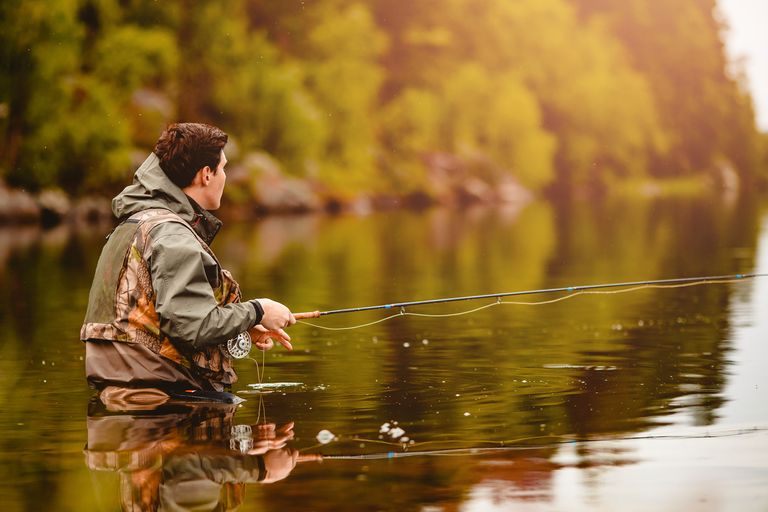A Guide to Cottage Rules and Regulations for Spring Prep
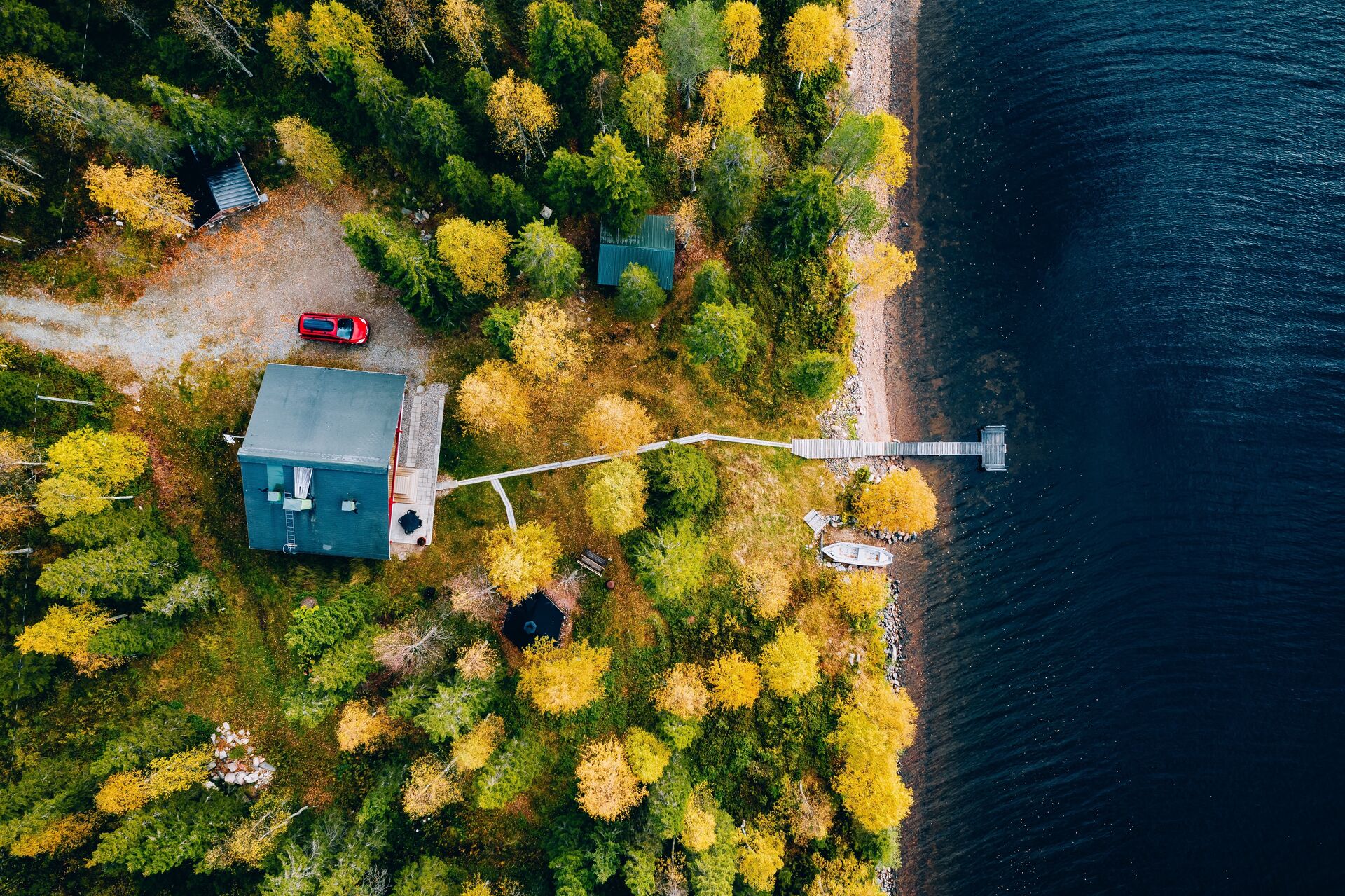
With warmer weather on the horizon in Canada, you might be considering building a cottage, adding or upgrading your dock, or re-opening a cottage you already have.
No matter if you're buying your first cottage or getting yours ready for the spring and summer seasons, it's essential to understand the latest cottage rules and regulations before use.
Here are some of the most important regulations and environmental concerns to consider regarding cottage and watercraft use so that you and your guests can have a safe and enjoyable boating season.
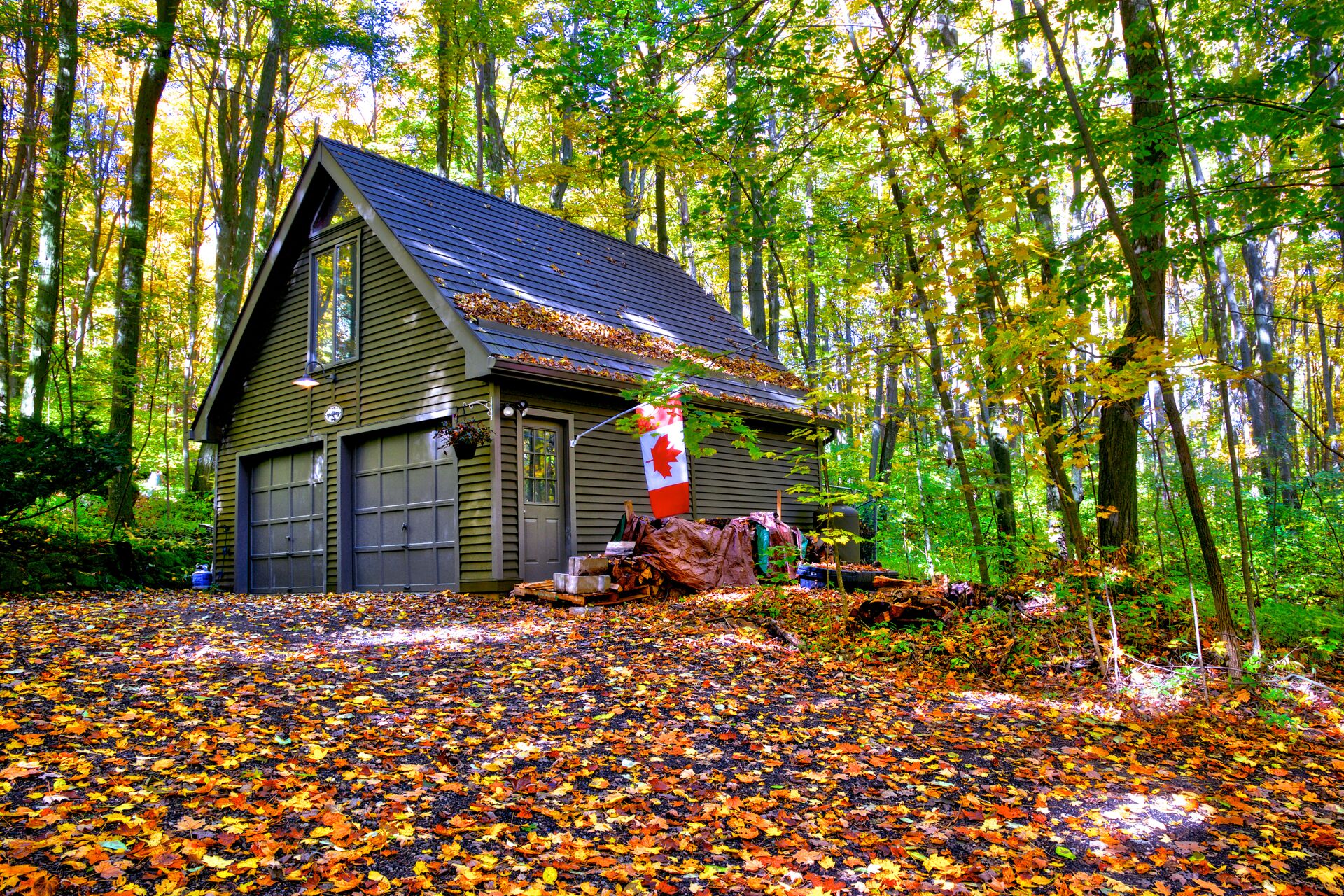
What to Know About Cottage Rules and Regulations
Cottage regulations can differ throughout Canada, but every regulation is essential. Licensing watercraft and protecting ecosystems are also required before hitting the water.
Following the rules helps you avoid fines and penalties and can increase your peace of mind that your cottage and watercraft are ready for a fun and safe season.
Provincial and Local Regulations
If you plan to build a cottage, add onto your existing cottage, or rent one out to guests, you must check provincial regulations for building permits, shoreline usage, and septic system requirements.
Local bylaws also matter and often have rules regarding noise restrictions, fire bans, and dock installations.
Watercraft Regulations
Transport Canada has requirements for registration, safety gear, and navigation rules. You'll need to follow these closely and enforce them with anyone who uses your cottage.
Many lakes and rivers throughout Canada also have restrictions on motor size and speed limits.
Environmental Considerations
Protecting local ecosystems by following rules for waste disposal, graywater management, and fuel storage is vital to keeping waterways in good shape and marine life healthy. You should also do your part to prevent invasive species.
One of the best ways to do that is by cleaning watercraft before entering or leaving the water.
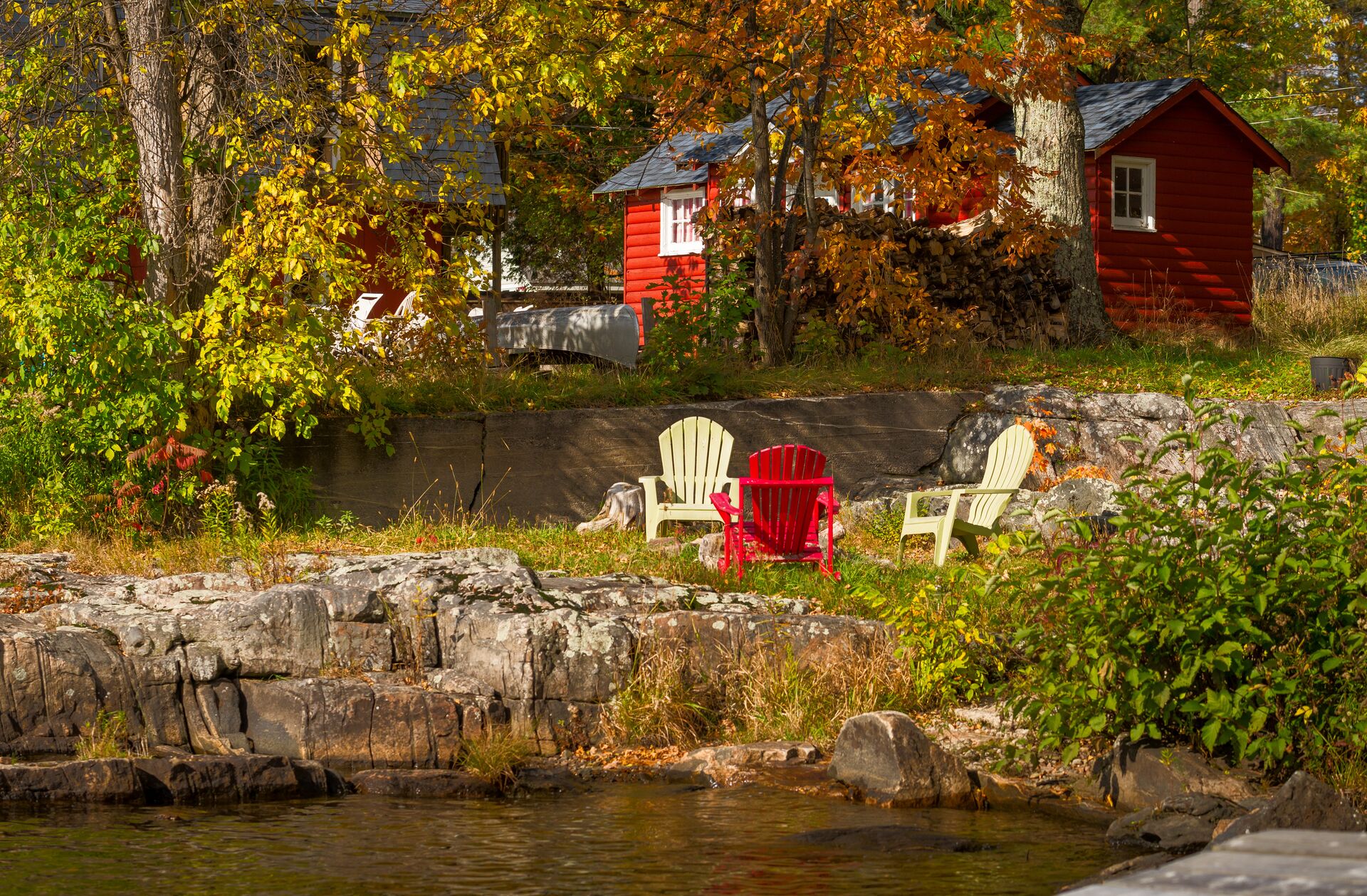
A Cottage Checklist for Spring Prep
Cottage care isn't difficult with a good checklist. With the proper preparations, your cottage will be ready for use in no time — just in time to get the most out of your spring and summer!
Opening the Cottage
When you first open the cottage, inspect it for damage from the winter months, such as leaks, pest infestations, or structural issues. Next, check the plumbing, electricity, and heating systems for proper functionality and note anything that needs repair.
Boating Gear and Dock Setup
Make sure docks, ramps, and moorings are in good repair and meet local guidelines. Prepare boating essentials, including personal flotation devices (PFDs), navigation lights, and safety equipment.
You must ensure compliance with local and provincial regulations by providing a safe environment and the proper gear to anyone who uses your cottage.
Cleaning and Organizing
There may be debris surrounding your cottage from the winter, and the cottage could feel stale or stuffy.
Clear debris and open windows for ventilation. Inspect for mold or mildew and treat any you find before it worsens. Most problems are minor, but you want to keep them from becoming more significant.
Make a cottage checklist and stock up on essentials like non-perishable food, first-aid kits, and tools for quick repairs. The more you have these things on hand, the easier it will be to enjoy your cottage as the weather improves.
If you rent it out, having supplies will help you stay legally compliant and improve the renters' experience.
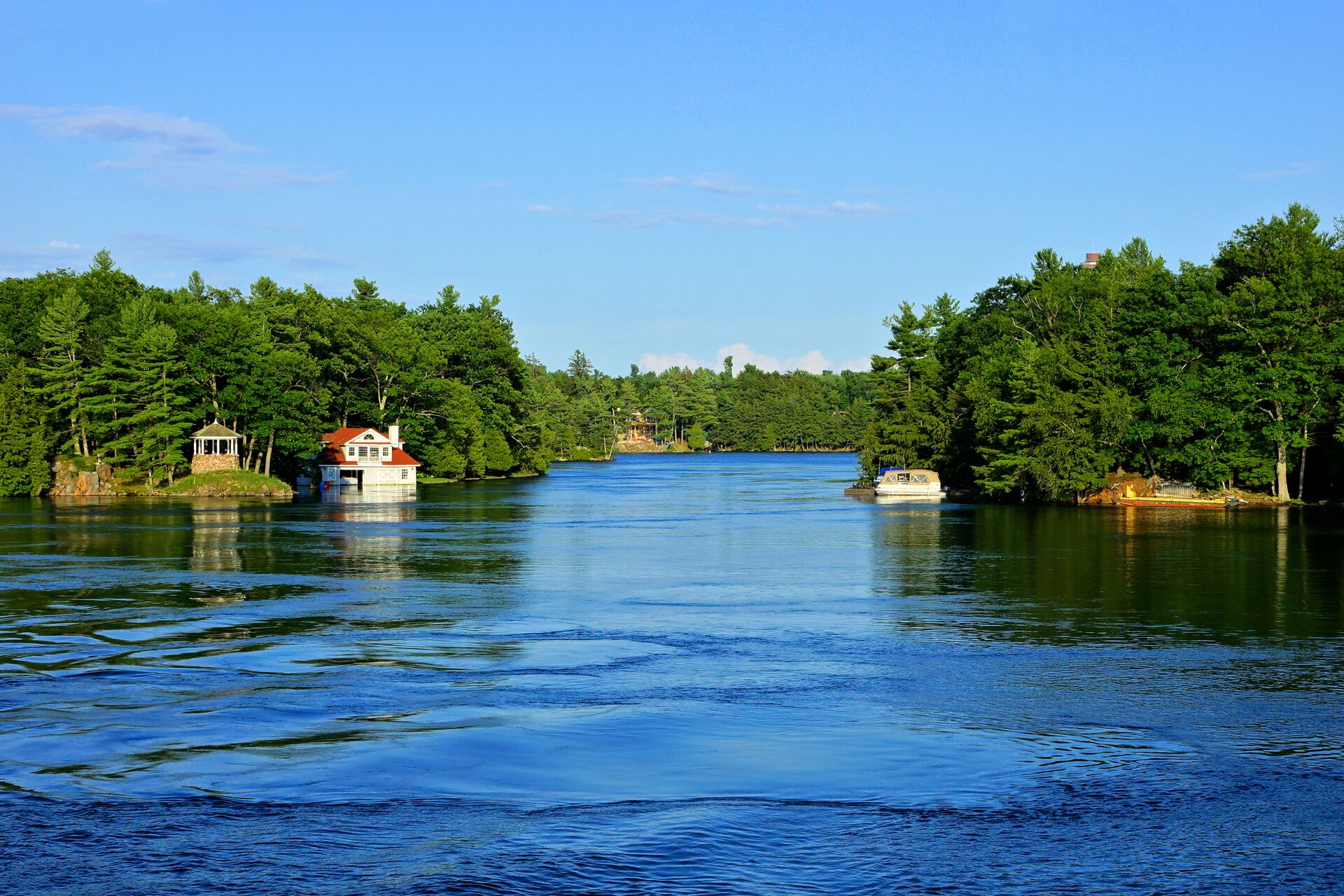
Cottage Care Tips for a Safe and Enjoyable Season
Cottage rules and regulations are about more than building permits or watercraft licensing. Once you have a cottage, you must maintain it properly and ensure you're neighborly.
Staying community-oriented can help everyone enjoy their cottages to the fullest.
Property Maintenance
Clear out brush and overgrowth to keep your cottage safe and looking great. That reduces fire hazards and improves property safety.
You must also address erosion or shoreline stabilization to protect water quality. If you see evidence of erosion, it's crucial to handle it quickly, as it can get worse over time.
Safety Precautions
When the cottage opens for the spring, test the smoke and carbon monoxide detectors and ensure the fire extinguishers are functional.
Also, review safety protocols for weather emergencies, such as boating accidents or severe storms, so you know what to do in a tense situation.
Being a Good Neighbor
Following noise bylaws and respecting shared waterway etiquette is vital so everyone can enjoy their time on the water. When you participate in community efforts to keep lakes and rivers clean, you do your part to make them better for current and future generations of watercraft users.
Working with other cottage owners is crucial for all of you to help one another care for your property and maintain waterways and nearby areas. You may even make new friends to share more boating adventures.

Good Cottage Care Helps You Stay Safe (and Have Fun) Through Boating Season
It's essential to be a responsible cottage owner. Double-check the cottage rules and regulations for your specific area or province. Then, create a well-thought-out cottage checklist for a smooth and safe opening.
As the boating season begins in Canada, make sure you've also taken a boater education course to get your PCOC (Pleasure Craft Operator Card). You'll need this card to boat legally and safely throughout Canada! Plus, you'll learn how to stay safe on the water and gain more confidence in boating.
Get your cottage ready and get your boater education card!
Take the online BOATERexam course for Canadian boaters, pass the final exam, and then you'll be ready for spring on the water.


